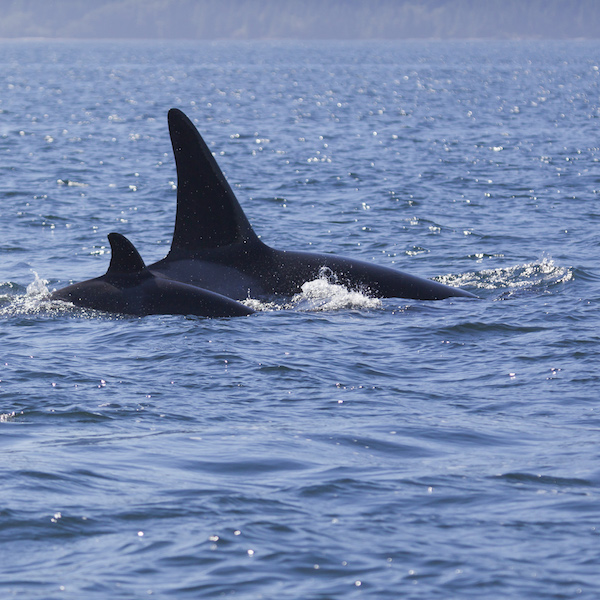Whale of a whopper by anti-fish farm activists
“Savaged study” used by anti-fish farming activists to link death of orca to salmon farming
By Fabian Dawson
SeaWestNews
A discredited study, savaged by some of the country’s top aquaculture scientists, is being trotted out again today by the anti-salmon farming lobby to connect the industry to the recent death of a baby orca whale.
“A new study has identified that Piscine Reovirus, a Norwegian virus introduced in BC by salmon farms is reported to cause Chinook salmon cells to explode and could be a missing link to explain why resident whales are starving to extinction,” the press release by the American eco-militant group Sea Shepherd states.
The study on the effects of the Piscine Reovirus (PRV) on wild salmon is “speculative” and is more about activism against fish farms than real science, top aquaculture experts told SeawestNews , immediately after its release in May.
It was led by Dr. Kristi Miller, a Department of Fisheries and Oceans (DFO) scientist, well known for her negative perspective on the salmon farming industry, Dr. Brian Riddell of the Pacific Salmon Foundation and Emiliano Di Cicco, the lead author.
Earlier this month, Business in Vancouver reported that the study which linked piscine reovirus (PRV) to jaundice and anemia in chinook salmon has been savaged by Canada’s science secretariat.
Canada’s Centre for Science Advice (CSA) said the conclusions are unsubstantiated adding, “Di Cicco et al. (2018) proposes a cause-and-effect relationship between infection with PRV and the development of jaundice/anemia yet present no direct evidence to support this.”
A scientific literature review by the BC Centre for Aquatic Health Sciences (BCCAHS) – an independent lab – and the University of British Columbia also challenged the theory that PRV causes disease in salmon in B.C. In fact, the significant body of science on the topic has found that it is likely a strain of PRV that naturally exists off the Pacific Coast and that it is a different strain than the one found in Norway, one that it isn’t harmful to either wild or farmed fish.
Dr. Ian Gardner, Canada Excellence Research Chair in Aquatic Epidemiology, who is part of the Strategic Salmon Health Initiative said: “The study makes broad sweeping statements not supported by evidence, hence I concur with it being described as a speculative report.”
Dr. Hugh Mitchell, an aquaculture veterinarian, with more than 25 years of experience, said the paper had more to do with activism against fish farms than science.
“One ceases to be a scientist and becomes an activist when one’s research is continually geared to trying to prove that farmed fish are a threat to wild fish while ignoring research that doesn’t substantiate that bias,” he said.
Despite the chorus of condemnation about the report, the anti-salmon activists are using it to link sustainable salmon farming, the livelihood of thousands in coastal communities in BC, to the threats faced by resident whale populations.
It is part of the heavily foreign funded anti-fish farming campaign in BC this summer.
RELATED LINKS
Alaska hatchery pink salmon imperil wild stocks
